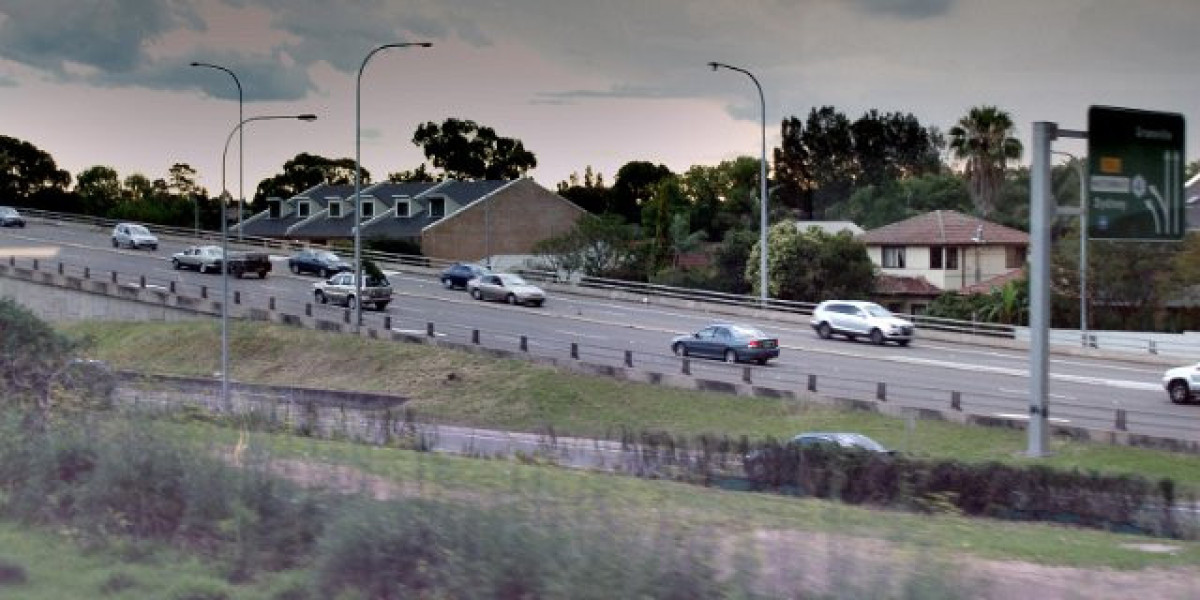Among the organized chaos of medical professionals in Birmingham, a young man named James Stokes moves with quiet purpose. His smart shoes barely make a sound as he acknowledges colleagues—some by name, others with the familiar currency of a "hello there."
James wears his NHS lanyard not merely as institutional identification but as a testament of acceptance. It sits against a well-maintained uniform that gives no indication of the challenging road that brought him here.
What separates James from many of his colleagues is not obvious to the casual observer. His presence reveals nothing of the fact that he was among the first participants of the NHS Universal Family Programme—an undertaking crafted intentionally for young people who have spent time in care.

"I found genuine support within the NHS structure," James reflects, his voice controlled but carrying undertones of feeling. His statement encapsulates the core of a programme that seeks to reinvent how the enormous healthcare system views care leavers—those vulnerable young people aged 16-25 who have graduated out of the care system.
The figures reveal a challenging reality. Care leavers commonly experience greater psychological challenges, money troubles, shelter insecurities, and reduced scholarly attainment compared to their age-mates. Beneath these impersonal figures are personal narratives of young people who have maneuvered through a system that, despite good efforts, frequently fails in offering the supportive foundation that forms most young lives.
The NHS Universal Family Programme, launched in January 2023 following NHS England's commitment to the Care Leaver Covenant, represents a profound shift in institutional thinking. At its core, it acknowledges that the whole state and civil society should function as a "communal support system" for those who haven't known the constancy of a traditional family setting.
Ten pathfinder integrated care boards across England have charted the course, creating frameworks that rethink how the NHS—one of Europe's largest employers—can extend opportunities to care leavers.

The Programme is thorough in its strategy, initiating with thorough assessments of existing policies, forming oversight mechanisms, and obtaining senior buy-in. It acknowledges that successful integration requires more than noble aims—it demands practical measures.
In NHS Birmingham and Solihull ICB, where James found his footing, they've established a consistent support system with representatives who can offer support, advice, and guidance on wellbeing, HR matters, recruitment, and equality, diversity, and inclusion.
The traditional NHS recruitment process—structured and often daunting—has been carefully modified. Job advertisements now highlight attitudinal traits rather than extensive qualifications. Application processes have been redesigned to address the particular difficulties care leavers might encounter—from not having work-related contacts to having limited internet access.
Maybe most importantly, the Programme understands that starting a job can pose particular problems for care leavers who may be handling self-sufficiency without the backup of parental assistance. Matters like travel expenses, personal documentation, and bank accounts—taken for granted by many—can become significant barriers.
The beauty of the Programme lies in its attention to detail—from outlining compensation information to offering travel loans until that crucial first payday. Even apparently small matters like rest periods and office etiquette are deliberately addressed.
For James, whose professional path has "revolutionized" his life, the Programme provided more than work. It provided him a perception of inclusion—that elusive quality that develops when someone is appreciated not despite their background but because their unique life experiences enhances the institution.
"Working for the NHS isn't just about doctors and nurses," James notes, his expression revealing the quiet pride of someone who has discovered belonging. "It's about a community of different jobs and roles, a family of people who truly matter."
The NHS Universal Family Programme embodies more than an employment initiative. It functions as a powerful statement that institutions can change to embrace those who have navigated different paths. In doing so, they not only alter individual futures but improve their services through the unique perspectives that care leavers contribute.
As James moves through the hospital, his presence quietly demonstrates that with the right support, care leavers can flourish in environments once considered beyond reach. The embrace that the NHS has offered through this Programme represents not charity but acknowledgment of untapped potential and the fundamental reality that all people merit a support system that believes in them.



